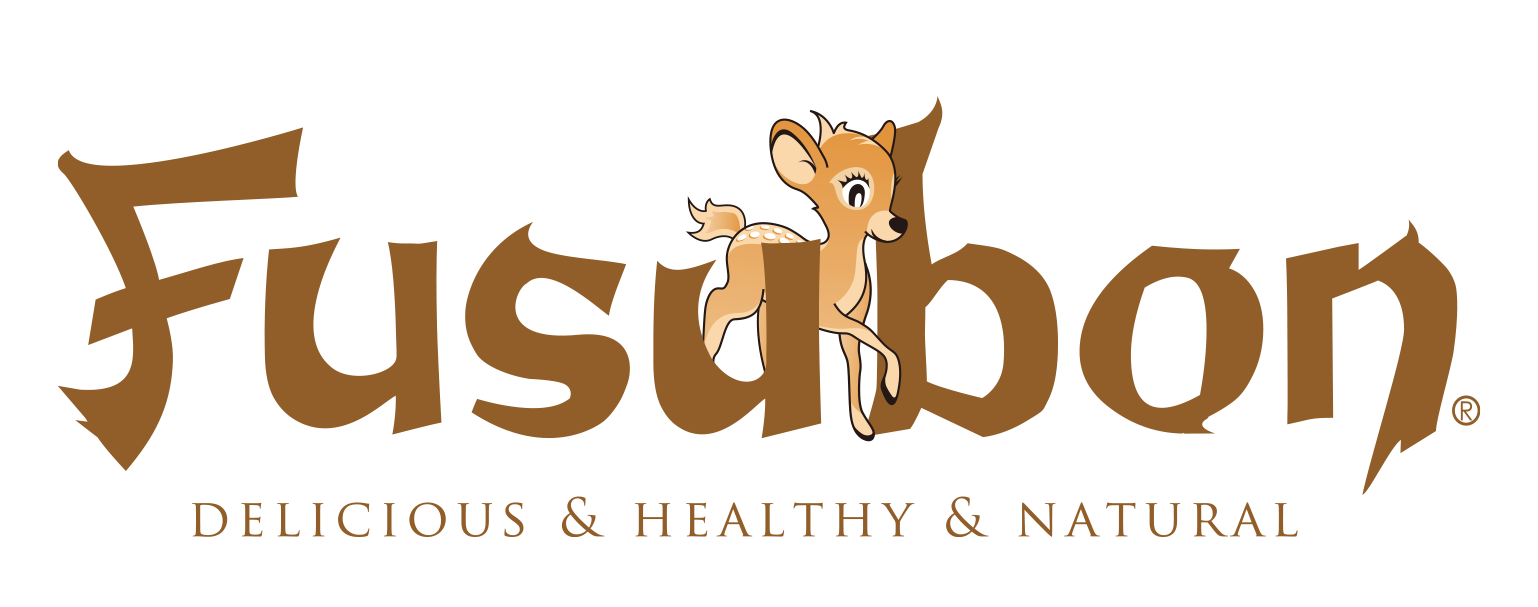 Each sugar cube contains 4g of sugar
Each sugar cube contains 4g of sugar
Hello, I am the owner of Fusubon. Today, I received a question asking whether coconut sugar is okay for people on a sugar-restricted diet, so I would like to introduce various sweeteners and their GI values.
Most sugars, the main component of sweeteners, can cause blood sugar levels to rise if consumed in excess, leading to inflammation of blood vessels, excessive insulin secretion, and obesity.
However, food without sweetness has no umami and is not tasty. Some sweeteners do not raise blood sugar levels, so below we will introduce the main natural sweeteners, artificial sweeteners, and low GI sugars.
First, let me explain the difference between natural and artificial sweeteners.
What is the difference between natural, artificial and synthetic sweeteners?
Natural sweeteners are sweeteners that exist in nature. Artificial sweeteners are sweeteners that do not exist in nature and are created by humans. Synthetic sweeteners are sweeteners that are made synthetically, regardless of whether they are found in nature or not.Introducing natural sweeteners with zero sugar content
Although it says it contains zero carbohydrates, in reality it is a sweetener that can be absorbed but cannot be metabolized and used as energy.Erythritol
A natural sugar alcohol found in fruits and vegetables. It is only 60-70% as sweet as sugar, but contains no calories or carbohydrates and has no effect on blood sugar levels or insulin secretion. In addition, it is a sweetener that causes much less stomach discomfort than other sugar alcohols.Stevia
A sweetener extracted from the leaves of the Asteraceae plant native to South America. It is 250 to 300 times sweeter than sugar and is widely used as a sugar substitute. It is considered the safest natural sweetener and has been proven to improve blood glucose control and help manage blood sugar levels in diabetic patients.Monk fruit
A plant of the Cucurbitaceae family native to China. Monk fruit is 300 to 400 times sweeter than sugar. The sweet component is a substance called tempene glucoside. This tempene glucoside is a water-soluble dietary fiber that is not easily absorbed by the body, so it has zero calories. It also does not raise blood sugar levels.Zero sugar artificial sweeteners
Many artificial sweeteners do not raise blood sugar levels, but they are known to secrete insulin and disrupt the intestinal environment. Be careful not to consume too much. Fusubon only uses natural sweeteners and does not use artificial sweeteners.Aspartame
It is used in zero-calorie carbonated drinks, etc. It is not as sweet as saccharin, but is about 200 times sweeter than sugar.Sucralose
It is an artificial sweetener made from sugar and is about 600 times sweeter than sugar. It has a sweetness similar to sugar and is stable even when heated, so it is used in bread and baked goods as well as beverages.Acetylfam potassium (Acetylfam K)
Used as a complement to saccharin and aspartame. Approximately 200 times sweeter than sugar.Low GI, but the carbohydrate content is almost the same as sugar. *The GI value of white sugar is 110.
Brown sugar (GI value around 100)
Brown sugar retains all the nutrients that sugarcane naturally has. By boiling down the syrup as is and adding lime during the manufacturing process to make it alkaline, it contains a wealth of vitamins and minerals as well as antioxidant polyphenols. (Calcium, potassium, sodium, magnesium, manganese, phosphorus, zinc, iron, copper, vitamins B1 and B2, niacin, pantothenic acid, etc.) The ingredient "phenyl glucoside" contained in the black part is said to suppress the absorption of sugar. In Chinese medicine, it is also used for menstrual pain and poor circulation.Coconut palm sugar (GI value around 35)
Coconut sugar contains various nutrients, including 16 essential amino acids, making it a low GI sugar. It has a rich flavor similar to brown sugar, so it is delicious in drinks and can be used as a sugar substitute in cooking.Honey (GI value 30-65; raw honey has a lower GI value)
Honey is familiar to Japanese people, but many products contain sugar, so be sure to check the ingredients. Most commercially available honey is pasteurized at low temperatures to make it liquid and extend its shelf life, which often destroys the honey's original nutrients and enzymes . Some honeys are also more calorie-rich and sweeter than sugar. On the other hand, raw honey, which has not been heated, is rich in antioxidants, amino acids, vitamins, minerals, and other nutrients, so if you are going to use honey, we recommend consuming raw honey.Agave syrup (GI value 10-20)
It has been gaining attention as a low GI food, and many people may already know about it. Agave syrup is a product made by processing the juice squeezed from blue agave, which grows in the desert regions of Mexico and Arizona. It is popular as a health food that does not raise blood glucose levels, but it contains a very high percentage of fructose, a type of fruit sugar, with some products containing as much as 95% fructose. Fructose is hardly broken down in the blood and does not change blood sugar levels much, but it is transported directly to the liver, which places a heavy burden on the liver.summary
So far, we have introduced the main sweeteners and sugars, but we will answer the question at the beginning, "Is coconut sugar okay for those on a carbohydrate restriction diet?" Let's take a look at how much carbohydrate is contained in coconut sugar. Below is a comparison of coconut sugar with other sugars.| Sugars | Carbohydrate content (per 100g) |
|---|---|
| Coconut Sugar | 92.3g |
| White sugar | 99.2g |
| honey | 79.7g |





